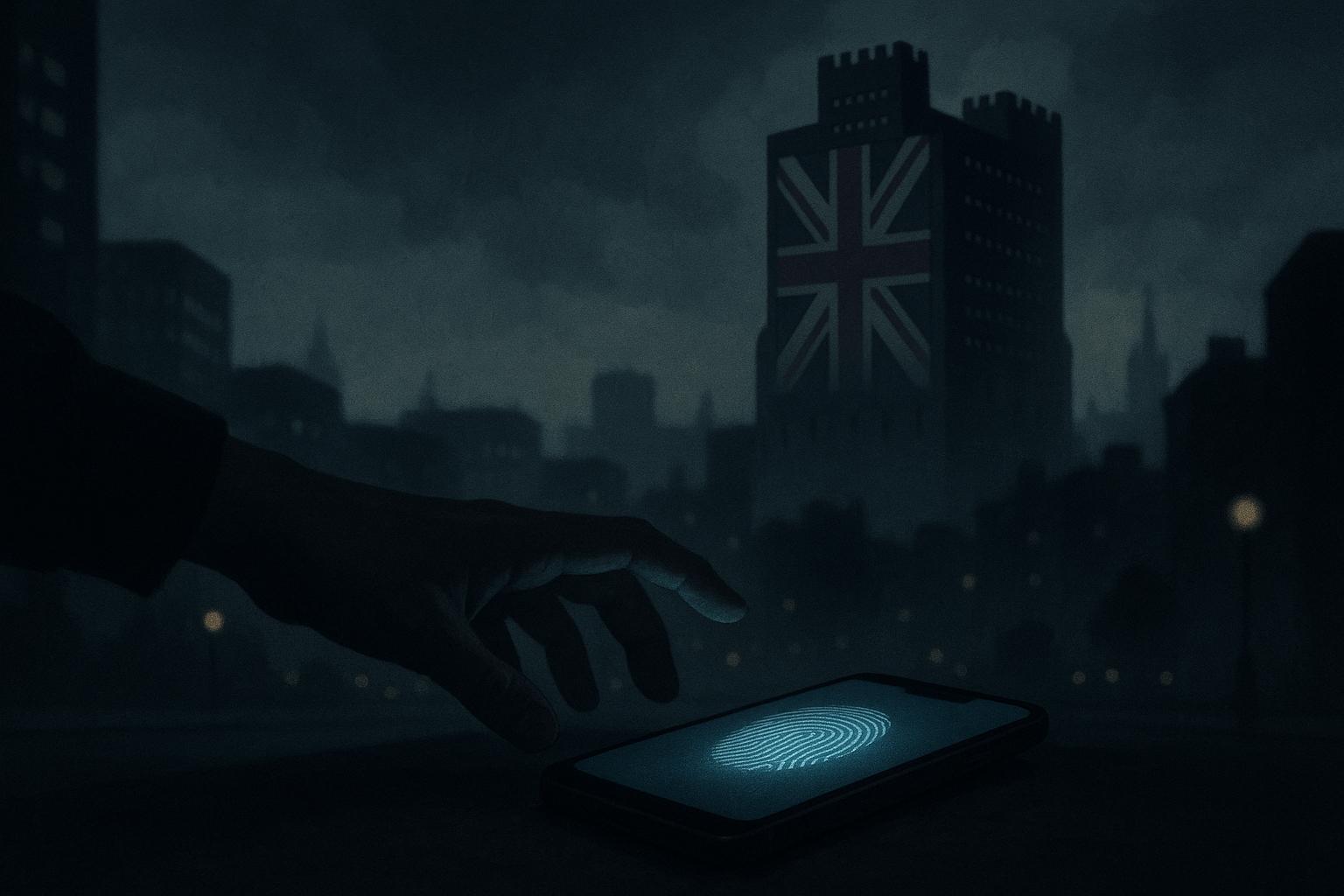The UK government is preparing to introduce a mandatory digital identity card, reportedly named the "BritCard," which every adult citizen may be required to possess. This initiative, expected to be announced soon by Prime Minister Sir Keir Starmer, aims to strengthen the verification of individuals’ right to work, rent property, and access public services such as healthcare and welfare. The government envisions this digital ID as a crucial measure to curb illegal immigration by making it significantly more difficult for those without legal status to engage in employment or other activities requiring verified identity.
The concept of a national ID system is not new to the UK. A similar programme was introduced under Tony Blair's Labour government in the mid-2000s, including legislation passed in 2006 and a pilot scheme launched in 2009. The previous scheme, which involved physical cards embedded with microchips and biometric data, was ultimately scrapped after the 2010 general election amid public opposition and concerns over privacy and civil liberties. Over £250 million had been spent on it by that time. Since then, the UK has remained one of the few European countries without a formal national identity card system, relying instead on passports and driving licences for identity verification.
The new "BritCard" scheme is expected to be smartphone-based, possibly incorporating biometric identification features such as facial recognition and fingerprint scanning. These biometric checks would be cross-referenced with a centralized government database holding millions of records. The digital format is claimed to offer enhanced security over traditional paper documents, as live verification with a central system could prevent forgery and impersonation. However, there are concerns regarding data protection and cybersecurity, given the government’s past record of data breaches and hacking incidents. Critics warn that any compromise of the database could have catastrophic consequences for personal privacy and security.
Despite its stated goals, the BritCard proposal has triggered significant opposition from civil rights campaigners and privacy advocates. Groups such as Liberty and Big Brother Watch have described the plan as a step towards a "dystopian" surveillance state, arguing it would erode civil liberties and create a "papers please" culture unprecedented in peacetime Britain. A coalition of eight civil liberties organisations has collected over 100,000 signatures on a petition urging the government to reconsider the scheme, citing risks of discrimination, exclusion of vulnerable populations, and the potential for abuse of personal data.
One contentious aspect is the implication for those who do not own smartphones, including many elderly people. It remains unclear how the government plans to accommodate individuals without access to the requisite technology, raising fears of discrimination if alternatives are not provided. Moreover, although the government has not yet confirmed penalties, experts speculate that failure to register or produce the digital ID could lead to denial of employment, housing, or access to public services, effectively making the system compulsory in practice.
The financial cost of implementing such a nationwide digital ID system is expected to run into billions of pounds, factoring in the development of integrated IT infrastructure, biometric enrolment centres, and ongoing maintenance. Given the British civil service's historical challenges with large-scale IT projects—often plagued by delays and budget overruns—the rollout of the BritCard scheme carries significant risk.
Internationally, digital ID systems are already in use in countries like Estonia, Germany, India, and France, which argues that the absence of such an ID in the UK contributes to unchecked illegal employment and migration. Yet, the debate in Britain highlights tensions between the promise of improved security and administrative efficiency versus the protection of individual freedoms and privacy.
As the government moves towards consultation and legislation, public scrutiny and debate are likely to intensify, making it clear that the path to a digital ID in the UK is fraught with both technological and ethical challenges.
📌 Reference Map:
- Paragraph 1 – [1], [2], [3], [5]
- Paragraph 2 – [1], [2]
- Paragraph 3 – [1], [3]
- Paragraph 4 – [1], [4], [6]
- Paragraph 5 – [1], [3], [5]
- Paragraph 6 – [1], [3]
- Paragraph 7 – [1]
- Paragraph 8 – [1], [4], [5]
Source: Noah Wire Services
